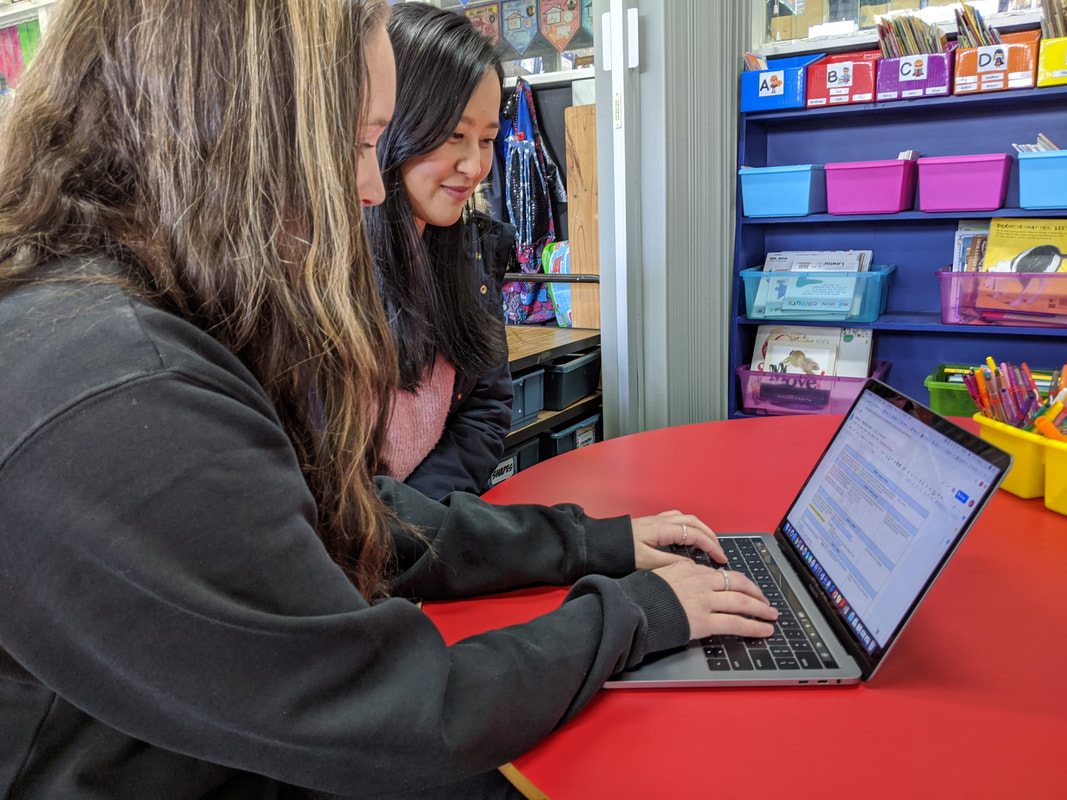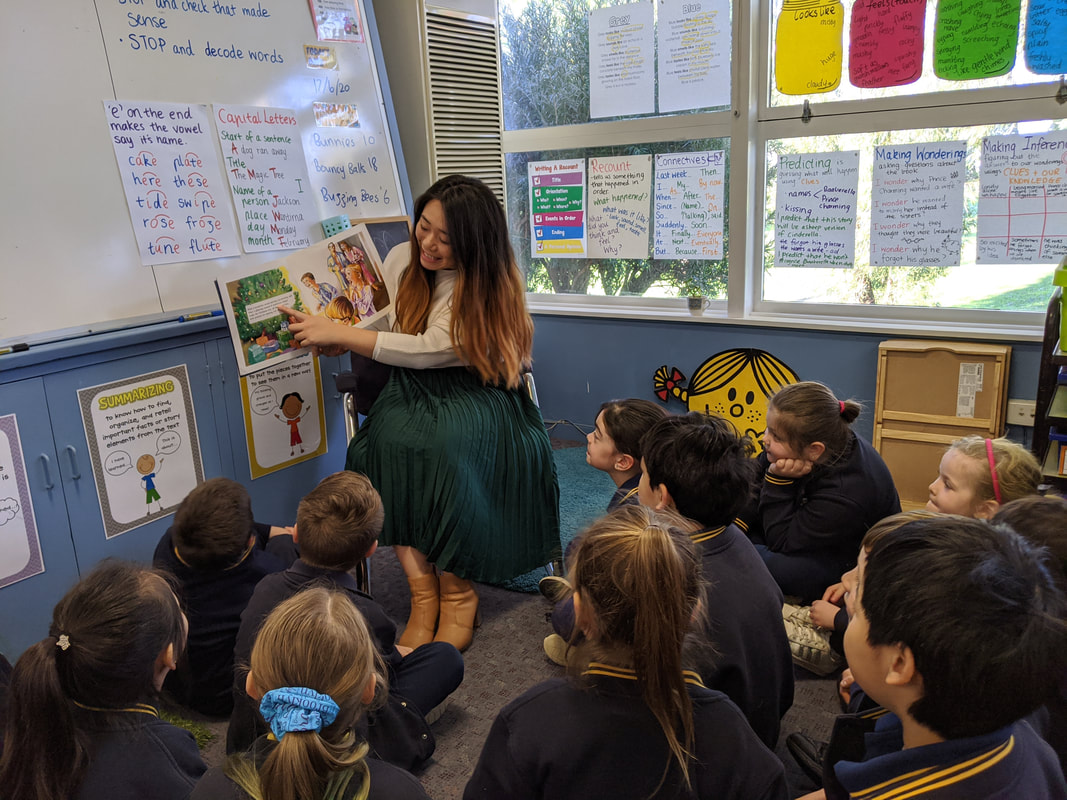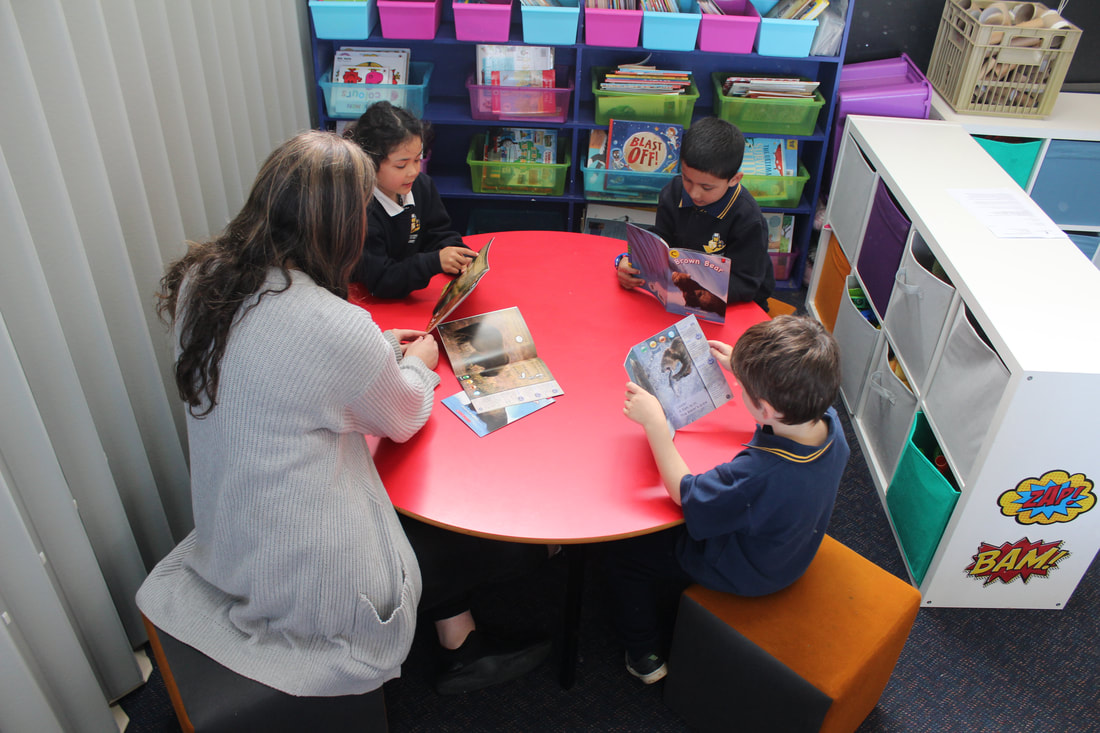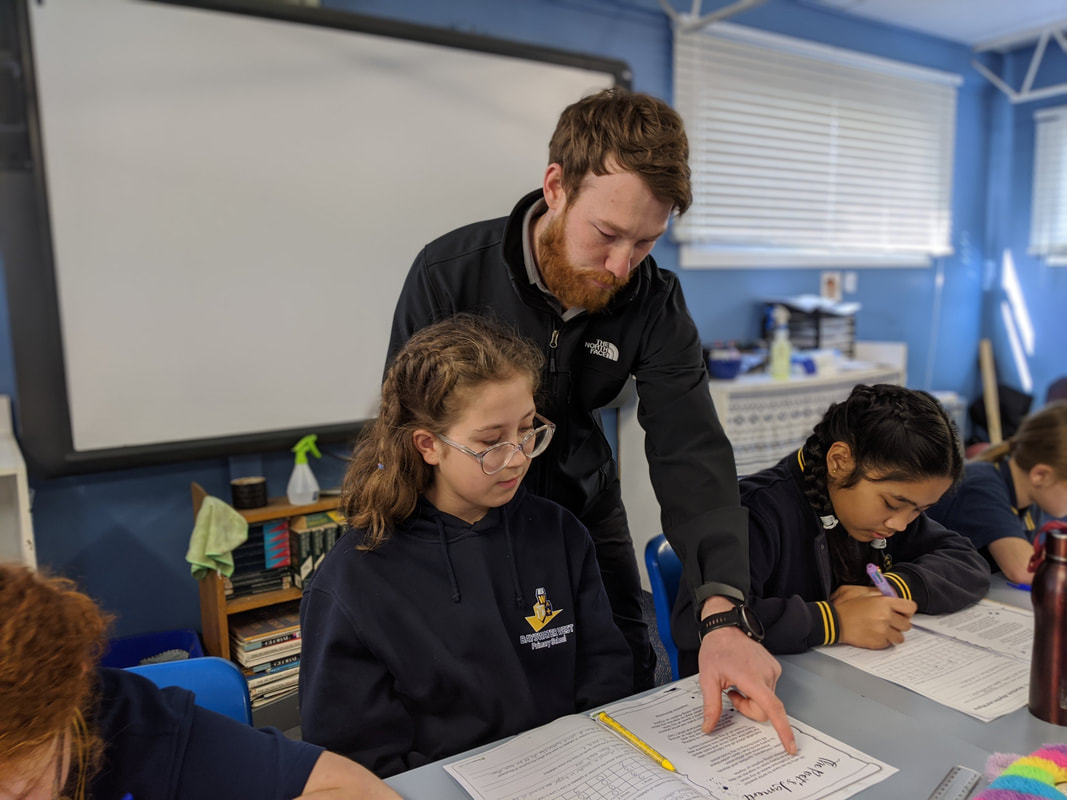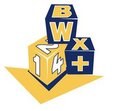Learning and Teaching at Bayswater West
Each and every lesson at Bayswater West Primary School follows the gradual release of responsibility model. This ensures consistency among teachers and predictability for students, both facets resulting in better learning outcomes. Referred to as "I do, we do, you do" model, independence of learning is slowly transferred from the teacher to the student.
Planning
|
Our staff plan in year level teams, ensuring teaching and learning is consistent. During planning teachers,
|
Introduction
Guided by the teacher, the introduction sets a road-map for the lesson by,
- Explaining the lesson focus
- Making the success criteria for students clear and attainable
- Discussing the 'real-life' relevance of the concept/skill that will be taught
- Engaging students by using an exciting story, video, artifact or question
- Allowing students to ask questions and express their ideas
I do.At the beginning of a lesson or when new material is being introduced, the teacher has a prominent role in the delivery of the content. This is the “I do” phase. During this phase, the teacher presents material in small steps, modelling procedures so that students clearly understand what is expected. This phase of teaching and learning also utilises examples which draw on clear and concise language. As students acquire the new information and skills, the responsibility of learning shifts from teacher-directed instruction to student processing activities.
|
We do.The "We do" phase of learning encourages greater collaboration between the teacher and students. By targeting teaching and learning at each student's optimal Zone of Proximal Development, students experience a high rate of success which is supported and extended by timely feedback from the teacher. As students work in collaboration with the teacher or in small groups, the teacher continues to model, question, prompt and cue students, producing a high volume of responses from students which assists them in achieving fluency of the concept or skill.
|
You do.The "You do" phase of learning is an important step in the learning process. It is an opportunity for students to apply what they have learnt, either independently or in groups through an activity that reflects the lesson focus. At Bayswater West we recognise the individual learning needs of our students. As a result, the tasks provided during this phase of learning are designed to meet each student at their point of need. The teacher's role during this phase of learning looks to support students as they work, answering questions that students have and providing feedback about their work, in order to support and extend understandings.
|
Reflection
At the conclusion of the lesson, the reflection provides an opportunity for students to,
- Check whether they have met the lesson success criteria
- Show their mastery of the skill/concept
- Ask clarifying questions
- Consider their engagement in the lesson
Assessment and Reporting
At Bayswater West Primary School, we value the important role that assessment plays in the teaching and learning process. Our teachers use ongoing formative assessment to determine what and how content should be taught to best meet student needs. This type of assessment data is also used to track student progress, ensuring that students meet lesson objectives which align with the Victorian Curriculum Achievement Standards. Alternatively, summative assessment is also used by staff to monitor student learning. This data provides a 'big picture' of students overall understandings about a unit of learning.
We also use formative and summative assessment data to report to families about student learning. Through semester reporting, parent-teacher interviews and informal conversations, our teachers share assessment data to inform families about student progress in relation to the Victorian Curriculum. Our staff also share assessment data with families to develop shared learning goals with families, creating a supportive learning environment both at school and in the home.
We also use formative and summative assessment data to report to families about student learning. Through semester reporting, parent-teacher interviews and informal conversations, our teachers share assessment data to inform families about student progress in relation to the Victorian Curriculum. Our staff also share assessment data with families to develop shared learning goals with families, creating a supportive learning environment both at school and in the home.

